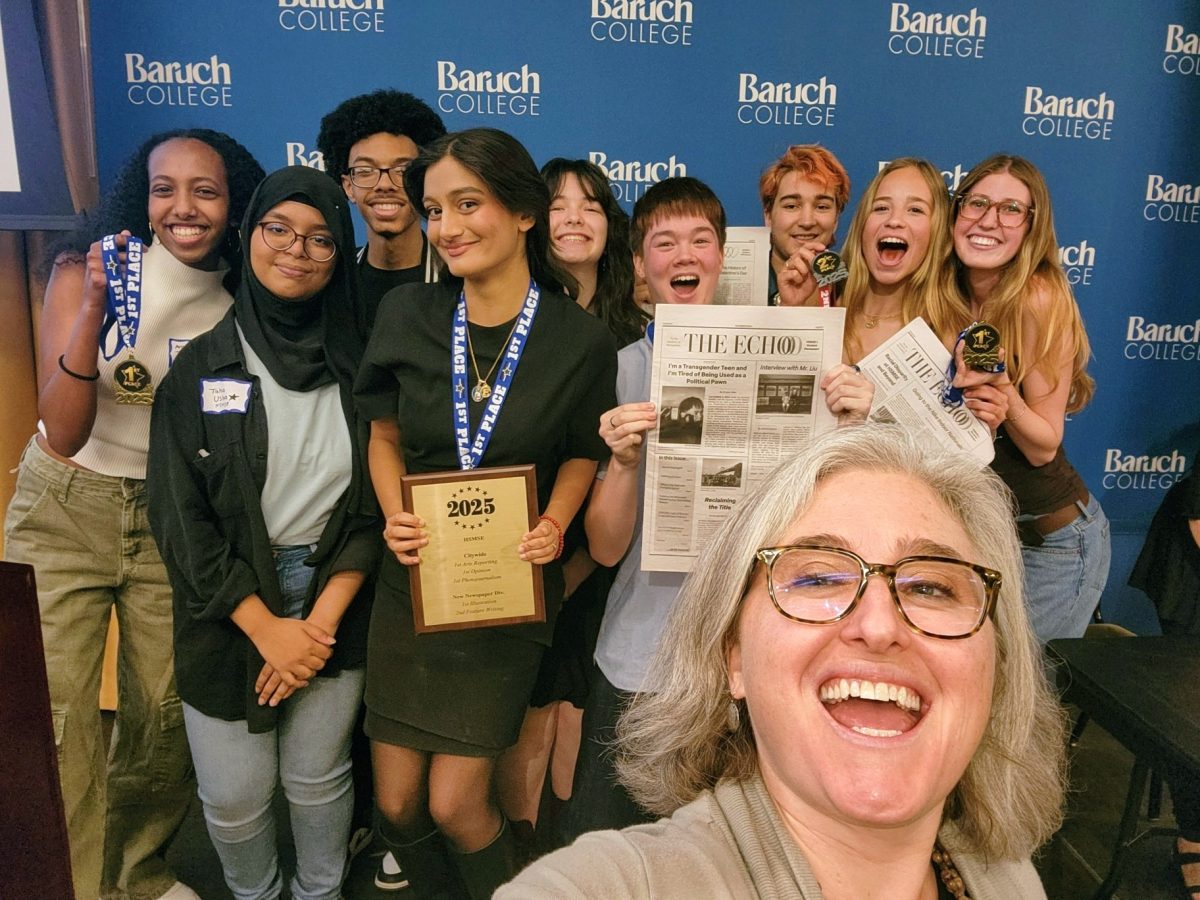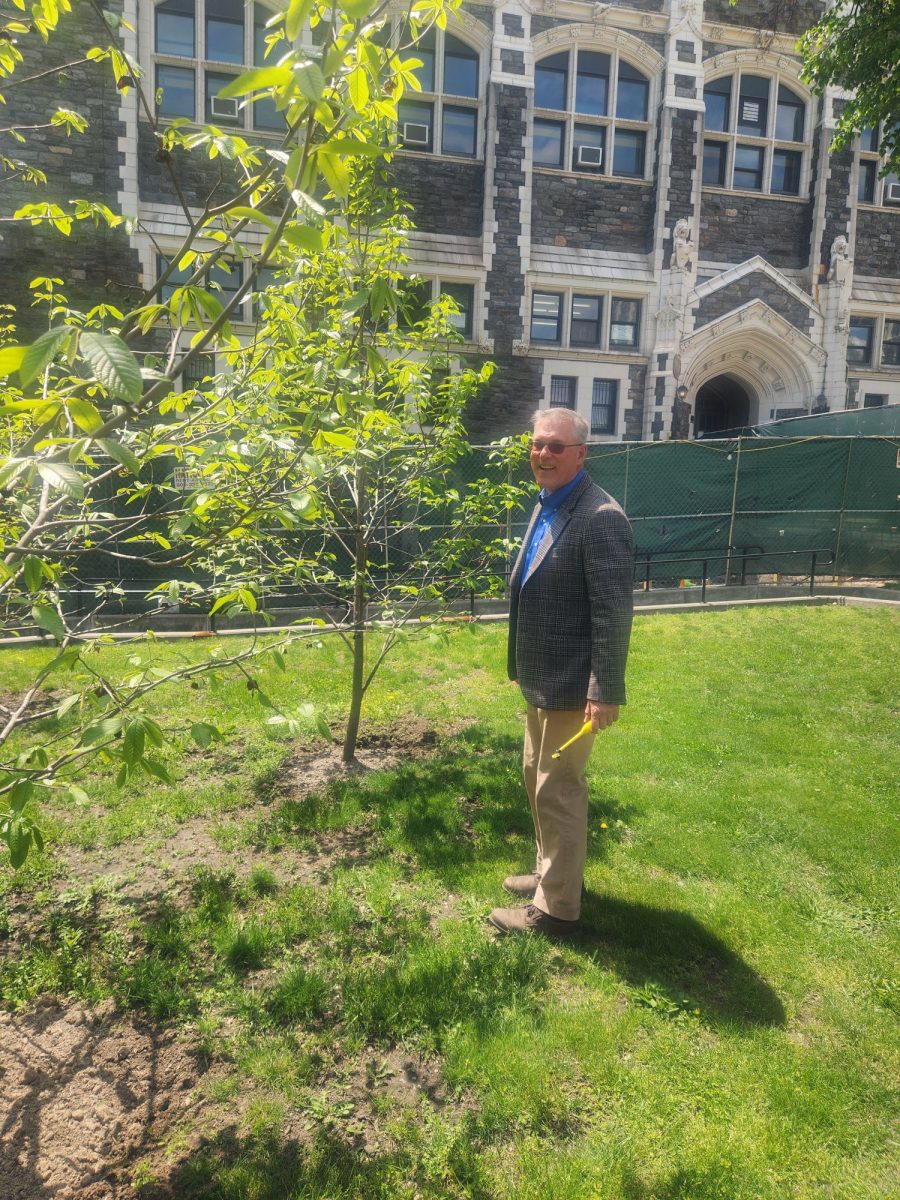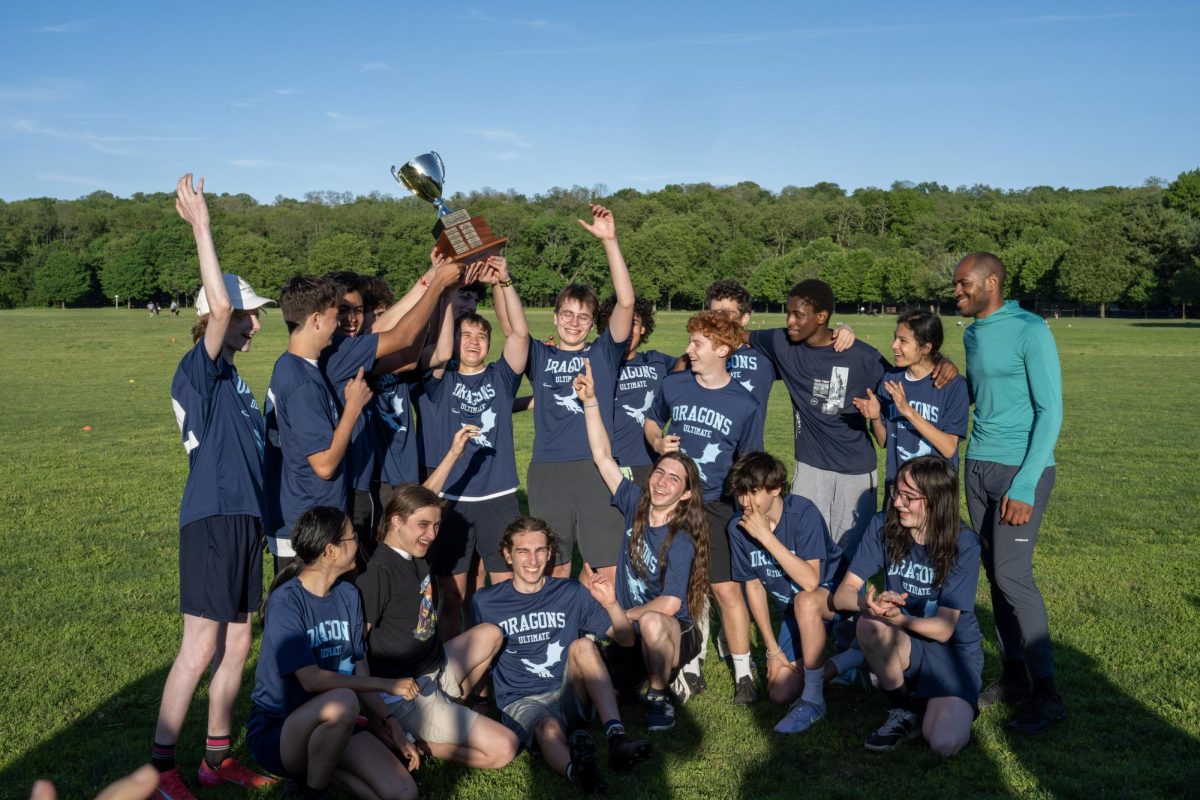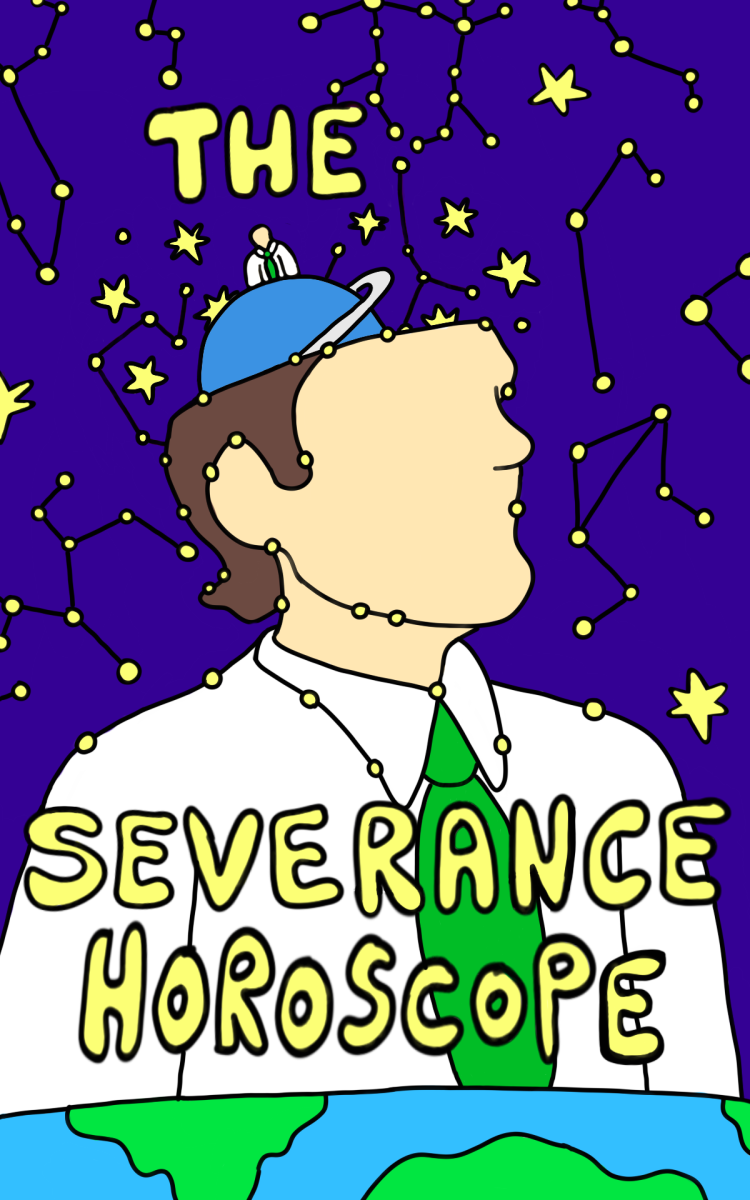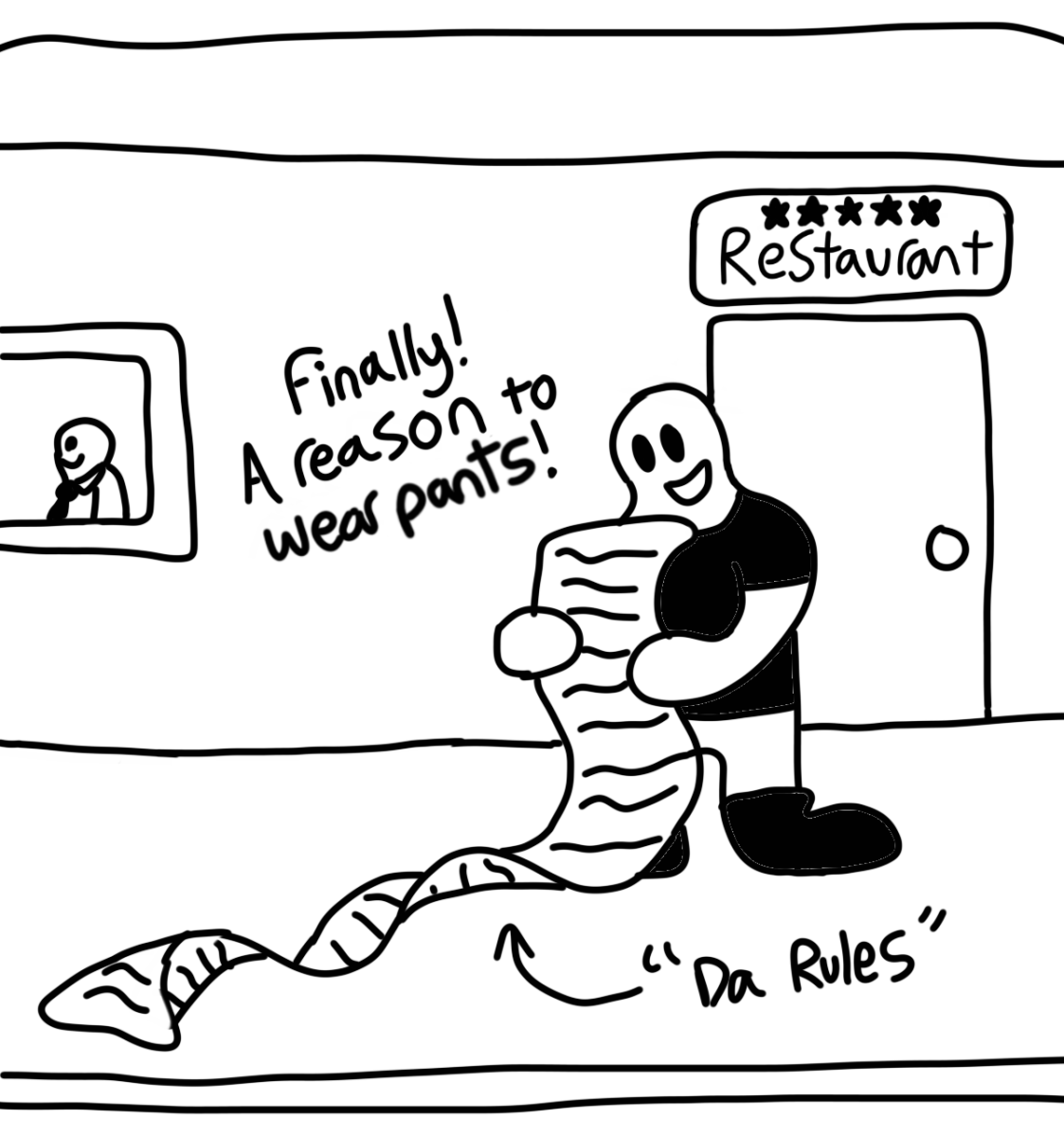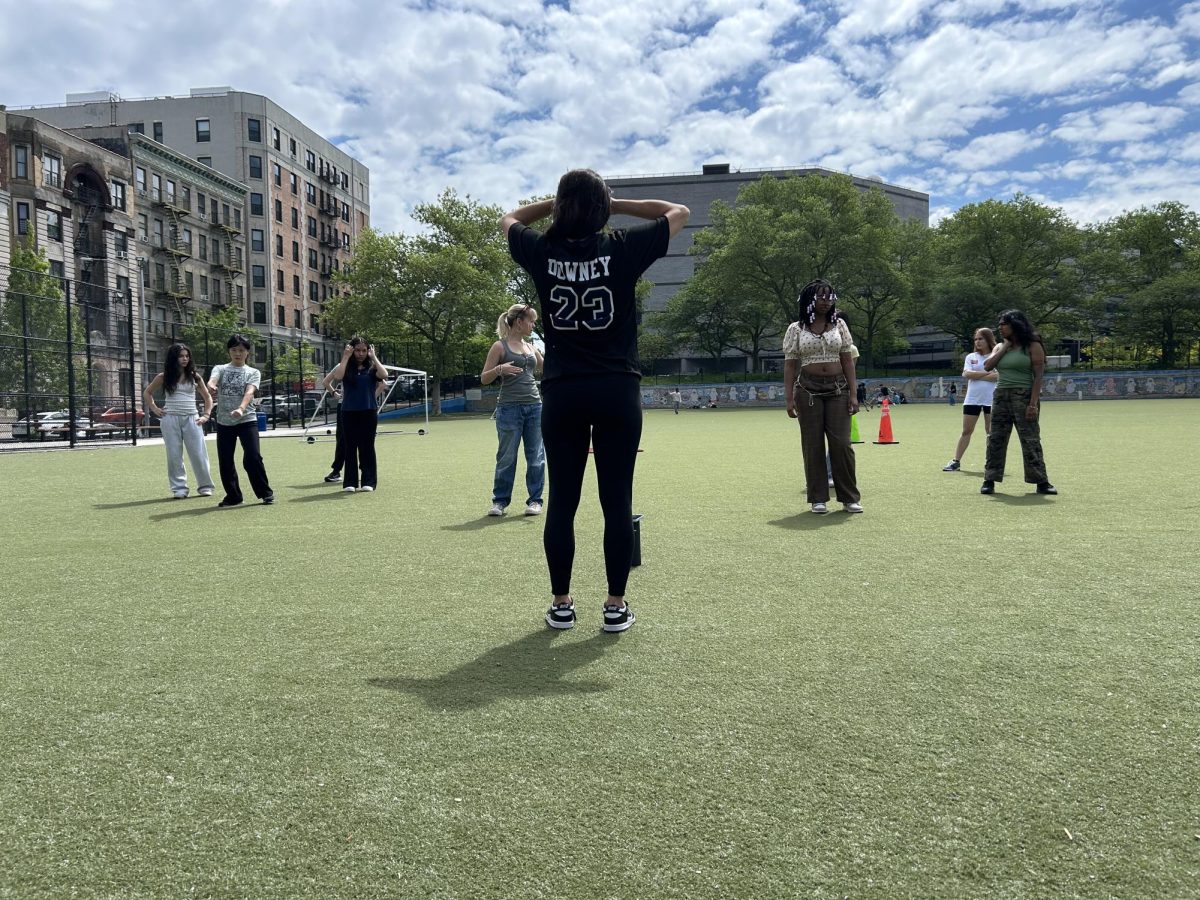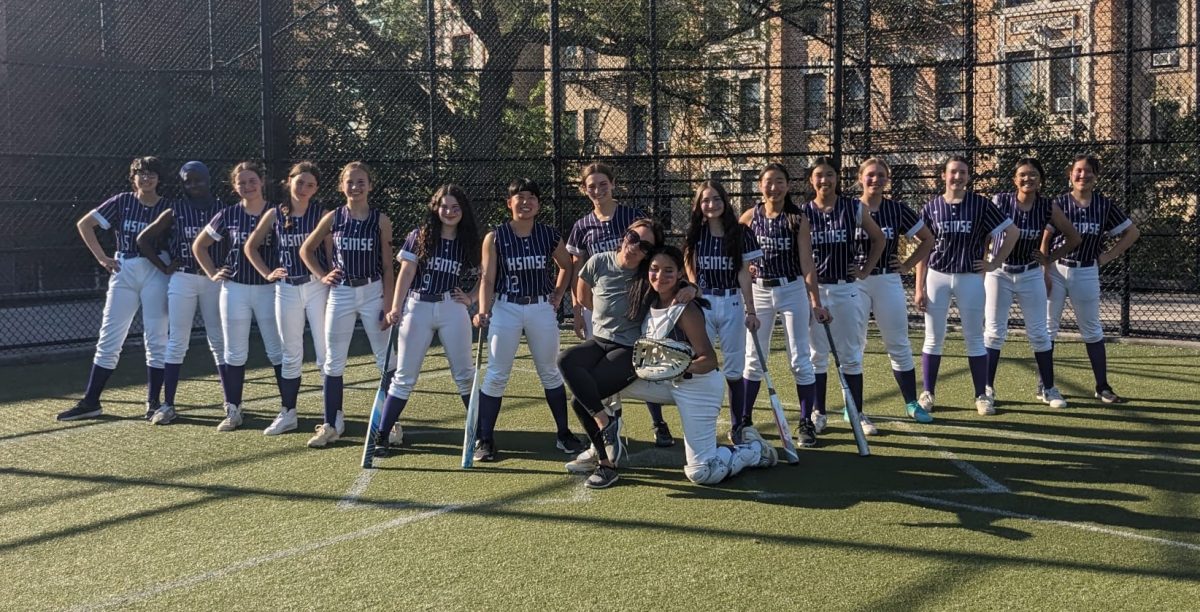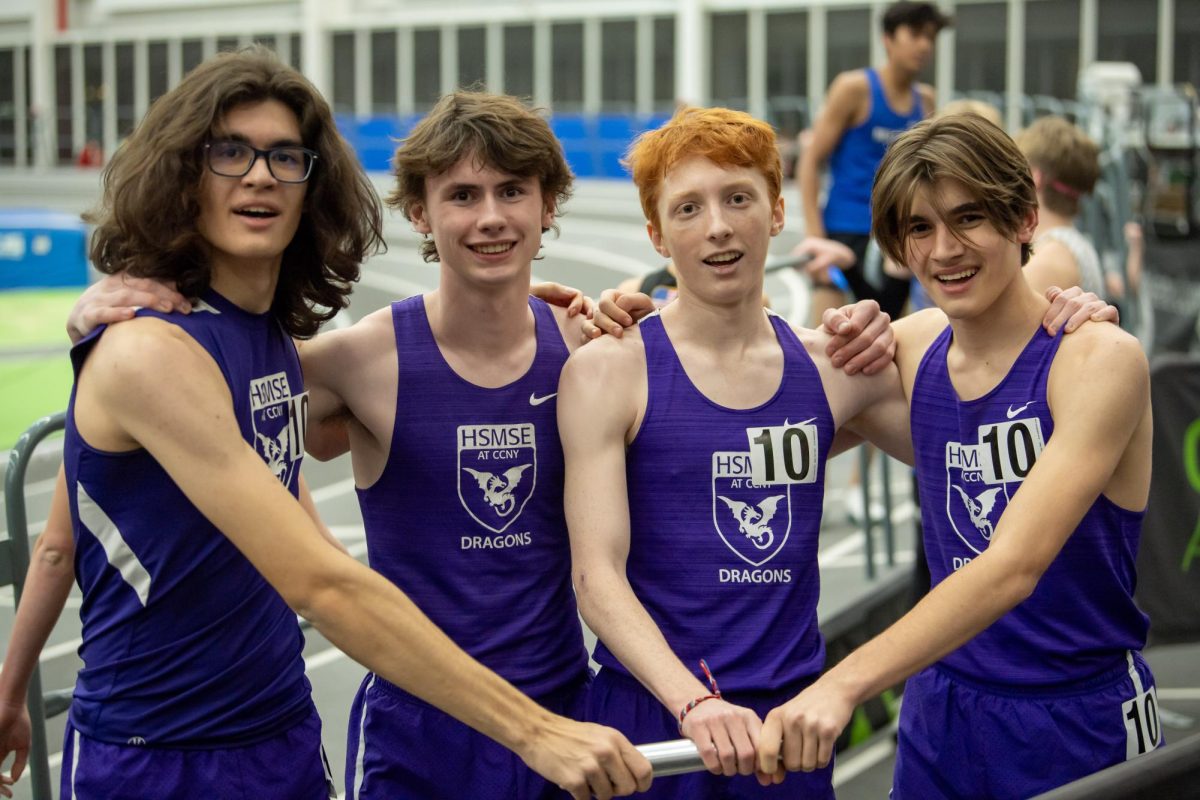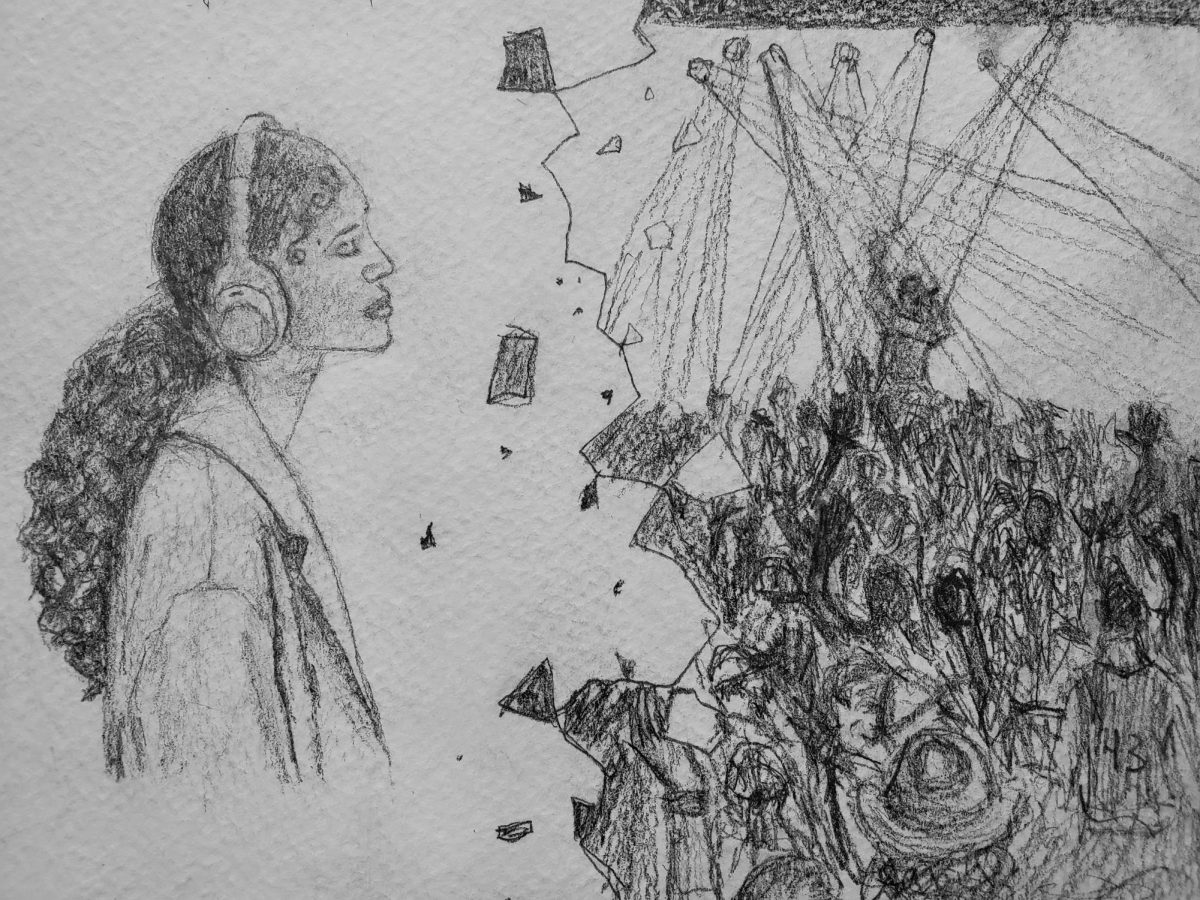When an artist releases concert dates and Ticketmaster opens up, a culture of people who share a common love for an artist goes wild. Thousands of people drop what they’re doing, grab their computers and their credit cards, and search for the best tickets they can find at an affordable price. It’s all very exciting, and some might argue stressful. Fans are incentivized by a love for their favorite artist, and some will stop at nothing to get their tickets. It’s as if getting those tickets is a MUST. Concerts, in this case, serve as a representation of society’s love for an artist; a collection of people with a shared passion. However, perhaps concerts aren’t for everyone. One of the joys (and perhaps necessities) of growing up is a shared experience with music. Whether it’s listening to music on the train, crying to music lyrics with a friend, or dancing to music—it is arguably an essential factor of a teenager’s life. Now where does attending concerts stand in this experience? What is the value and the burden of concerts? Are concerts actually essential for a true musical experience?
Let’s start with how concerts function currently. In 2023 alone, we have been blessed with concerts by several well-known artists such as Taylor Swift, Drake, SZA, Doja Cat, Beyonce, and Billy Joel. They have performed in a variety of venues including Madison Square Garden, the Barclays Center, and the Metlife Stadium in New Jersey. While concerts can have an extreme variety of sets, costumes, song choices, and performance styles, they share a common sentiment: all have large crowds coming together to share a musical experience and a passion for the artist they love. Throughout recent years, artists that have performed locally range greatly in terms of age and style with aesthetic choices ranging from Beyonce’s silver glamor to the bows and frills of Madison Beer.
Live music, while very common and very special, is an experience that isn’t exactly accessible for everyone. Unfortunately, the struggle to obtain concert tickets for many popular artists is ongoing and only getting worse with time. For example, Taylor Swift, one of the most popular artists of all time, performed on the Eras Tour this year, a concert with a collection of songs from each of her albums, or eras. Swift brings excitement like no other artist, and her fans consist of a huge variety of people spanning multiple generations. Getting a ticket to the Eras Tour was almost impossible. Because of this, highly marked-up tickets were sold on alternative ticket vendors despite being initially sold at more reasonable prices. This unfortunately made it very difficult for people to obtain tickets to her concert and gave a significant advantage to people with connections and the wealthy. For many people, Taylor Swift has been an important figure in their musical experience throughout childhood, and attending her concert was crucial for them. Everyone who wanted to should have been able to have this experience. Unfortunately, this was just not possible. With this, the exclusion that can occur from the difficulty in purchasing concert tickets is evident. While intended to be an experience that brings people together, the unreasonable prices and competition to buy tickets seems to do the opposite.
In addition to the struggle to obtain concert tickets, fans contribute to a concept known as “funflation”. This term, a generally new term, refers to the recent habit of people spending money on unnecessary expenses for fun and entertainment. Because the habits that people have in terms of how they spend their money have shifted so drastically, so have prices and accessibility. Concert prices have been raised dramatically in recent years. In fact, in the past 5 years the average concert ticket has doubled. Anyone who spent more than a reasonable amount of money on a concert ticket, because they felt they had no other choice, is a victim of funflation. Funflation in relation to concerts can also refer to add-ons and minor expenses such as drinks and merchandise. If you are someone who has been to a concert in the past year or so, you probably ended up waiting in line for hours to buy an overpriced sweatshirt, just for the experience. Just for a sweatshirt you could’ve found online. You also probably paid way too much money for a drink, just because you were there, and you were thirsty. That’s how they get you. Conveniently for artists and many snack and merchandise companies, the publicity brought towards concert venues leaves customers with no choice but to spend their money on overpriced snacks and merchandise. This concept goes far beyond just concerts, but it is important to us because the consequences of “funflation” make the concert experience that much less accessible. Not everybody has the privilege of being able to spend this money, and for many this makes the experience much more rare and special.
The good news is, attending a concert is not your only option to enjoy the musician you love. Not everyone has the opportunity to attend a concert for their favorite artist, or for every artist that they love, but that’s okay. For one thing, streaming sites nowadays are so accessible. While attending a concert is wonderful, the opportunity to listen to music in any place or social setting is one that we should not take for granted. If you can’t attend a concert, perhaps getting together with some friends and playing the music on a speaker could be just as fun. Less authentic, yes, but the memory is still there. There are always alternative options. Taylor Swift, for example, conveniently enough gifted her fans with a movie that is a collection of her songs from different eras, just like a movie version of the eras tour. There are some minor differences; she has some narration in between songs and has minor changes in the songs that are sung. However, this is still a very authentic representation of the Eras tour that gives people a similar experience. Buying a movie ticket (and maybe some overpriced popcorn) or streaming it on your phone while screaming to her songs is almost like being at her concert!
Additionally, attending and playing live music in Central Park and other local places is always an option. There is a universal experience in listening to music and being able to share it with those you love no matter what the setting is. That is what makes music so special.
With all of these pros and cons to consider, ask yourself what you believe to be worth it. If you think your love for an artist and desire to see their music in person is so strong that you are willing to spend the money and effort to get a ticket and see them, that is a respectable choice to make. However, if you feel that saving your money and listening to their music on streaming sites or on a speaker with some friends is a better alternative, that is wonderful all the same. The beauty of listening to music is how versatile it can be and the variety of ways that it can be shared. While concerts are a great way to share and experience music, they are not for everyone, and they are certainly not a necessity for being a true supporter of an artist and their music. A musical experience is true only if it is unique to you.








